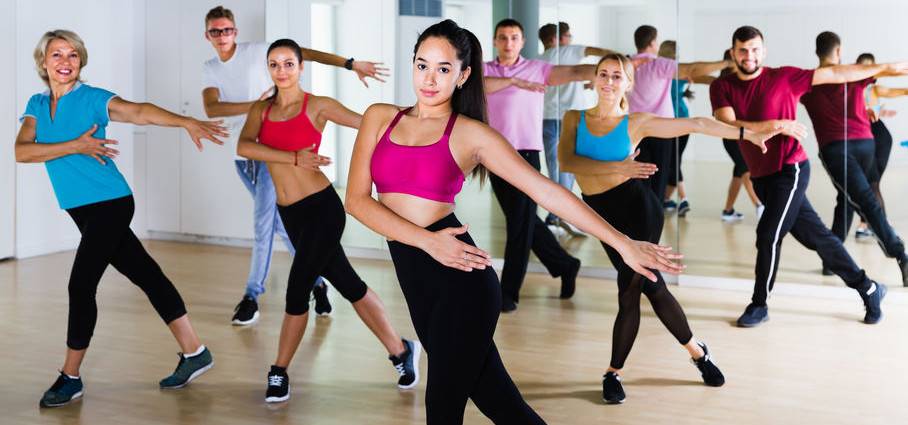Jazz |
||
Introduction To Jazz |
||
| Jazz
is said to be the most popular form of dance among dancers. The
mix of multiple dance styles used to create jazz gives dancers a lot of
variation and freedom to express them self. Some of the styles that influence jazz include ballet, hip-hop, tap and modern to name a few. Due to the massive numbers of styles to choose from with jazz and the high energy upbeat music that they often dance to, it’s not hard to understand why dancers enjoy jazz. Though the style of dance is called Jazz it has very little to do with the music any more, more often than not Jazz Is danced to pop music though that wasn’t always the case. |
||
Styles of Jazz |
||
| The
term jazz dance actually refers to a number of different styles and
dances. These dances include: |
||
The Cakewalk |
-Originally referred to as the prize walk and involves high steps and walking in a straight line. Both the names cakewalk and prize walk comes from the fact the dancers used to treat the performance as a competition with the winner receiving a prize which was commonly a fancy well decorated cake. The phrase “takes the cake” and “cakewalk” though the meaning has evolved since originated from the cakewalk dance. | |
The Charleston |
-Is still a very popular
dance today and has remained a favourite dance
among the dancing community since it rose in popularity during the
1920’s. The signature moves of the Charleston are to pivot your feet in
and out while simultaneously straitening or bending your knees and
shifting your weight between your feet with the under-weighted foot
kicking into the air. |
|
The Lindy Hop |
-Which today the dance is
widely known as the jitterbug. The dance is
performed with dance partner with an increased focus on solo intricate
footwork making this dance stand out from other couple based dance
styles. |
|
The Black Bottom |
-Originating in the early
1900s the black bottom dance was performed by
both soloist dancers as well as dancers in a couple of group. The dance
often featured and was named after the slapping of their bottom. The
dance was also known for a lot of hoping around, stamping of feet and
dancers gyrating their pelvises. It was a very energetic and liberating
dance. |
|
Broadway Jazz |
-Is popular with dancers
and live audiences alike. Broadway jazz is not
exclusive to the New York theatres but due to its visual appeal this
style of jazz has been heavily focused on in some Broadway productions.
The most recognisable productions containing Broadway jazz are Cats,
Cabaret and Mamma Mia! Which have all gone on to received critical and
financial success. |
|
Jazz-Pop |
-Or Pop-jazz depending on
your preference evolved from modern jazz and
includes recognisable elements and movements from vogue, disco and
street-dance to name a few. Jazz-pop choreography is inspired by most modern forms of dance and even acrobatics. The name comes from the fact this style of jazz dance was made popular when performed |
|
|
 |
||